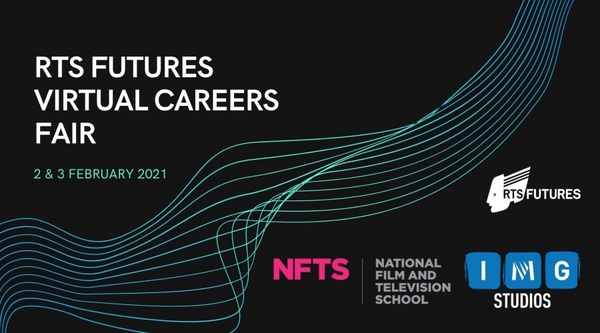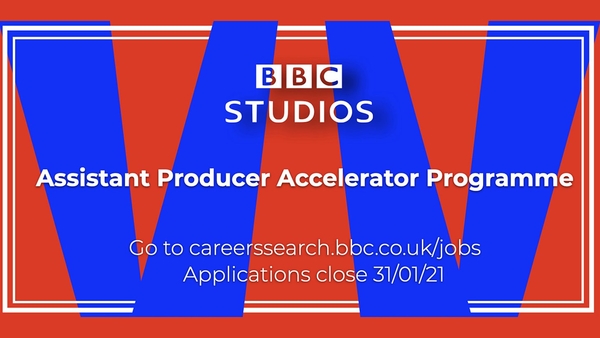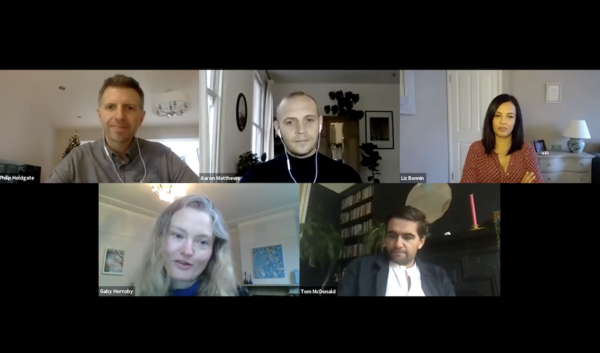RTS Futures Careers Fair: Meet the Exhibitors
This year, we are teaming up with our centres to have exhibitors all over the UK and Ireland.
Find out more about the RTS Futures Careers Fair 2021 and book now here.
Meet the exhibitors hosting virtual booths:




